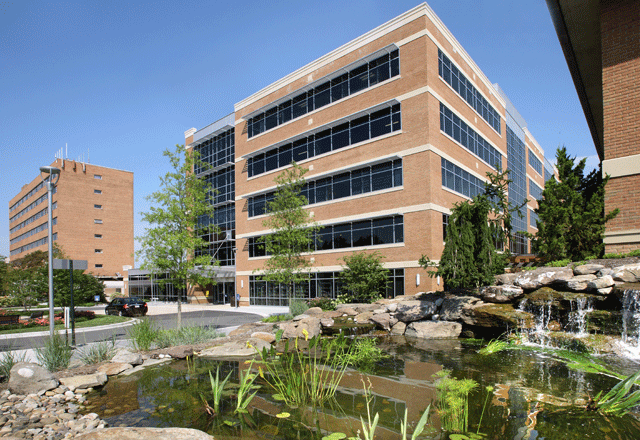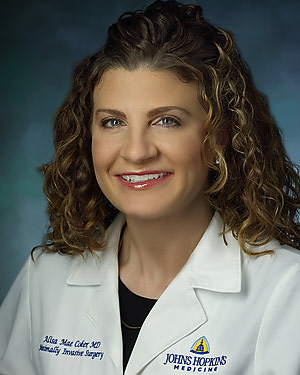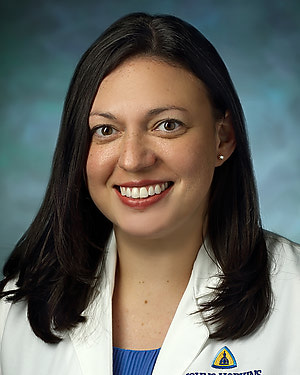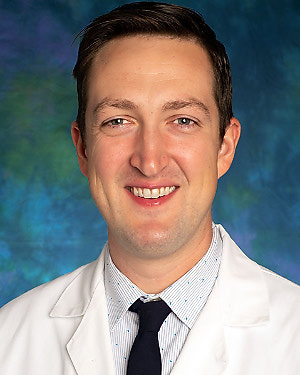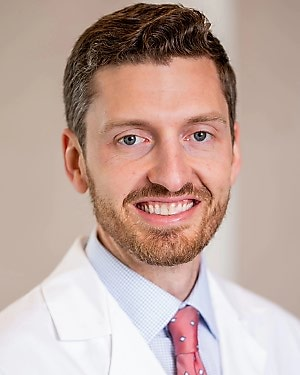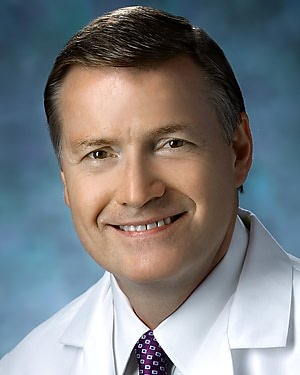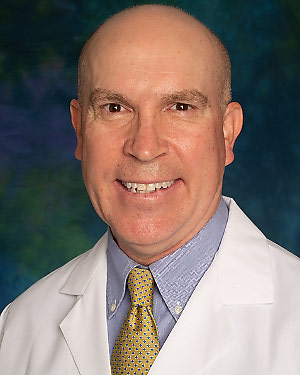-
Gina Lynn Adrales, M.D., M.P.H.

- Director, Division of Minimally Invasive Surgery
- Director, Minimally Invasive Surgery Training and Innovation Center
- Co-Director, The Johns Hopkins Bariatric Surgery Fellowship
- Associate Professor of Surgery
The Division of Minimally Invasive Surgery at Johns Hopkins provides patients improved surgical treatments that can reduce complications and recovery time. Our surgeons are trained in the latest advancement of minimally invasive surgical techniques for conditions including esophageal/digestive diseases, hernia (abdominal wall), obesity and metabolic syndrome.
Schedule an Appointment
Schedule by phone
Call 443-997-1508
Schedule online through MyChart

Why Choose Johns Hopkins for Minimally Invasive Surgery
Comprehensive Research
We conduct ongoing research in hernia care and digestive disease which has led to cutting-edge discoveries and advancements in clinical care for all patients.

Women and LGBTQ Care
Our team is trained in specialized care for women who are at risk for pain and LGBT+ patients who may be reluctant to seek care for personal reasons.

Hernia Expertise
Our surgeons are internationally known for hernia expertise and provide individualized hernia care.

Conditions We Treat
Our experts approach surgical disease of the abdomen in a less invasive way to improve the recovery process for our patients. Learn more about the digestive conditions we treat.
Bariatrics
- Obesity
- Reflux after weight loss surgery
- Weight regain
Digestive/esophageal Diseases
- Achalasia
- Gallbladder disorders
- Gastroesophageal reflux disease (GERD)
- Hiatal hernia repair
- Paraesophageal hernia repair
Hernia (Abdominal Wall)
We treat all types of hernias which include the following:
- Inguinal
- Incisional
- Parastomal
- Ventral
Patient Education Videos
Robotic Surgery | FAQ with Dr. Alisa Coker
Johns Hopkins minimally invasive surgeon Dr. Alisa Coker answers frequently asked questions about robotic surgery, including conditions treated with the technique and benefits in comparison to traditional open surgery.
GERD and Swallowing FAQ
GERD (gastroesophageal reflux disease) and swallowing problem specialists and minimally invasive surgeons Brett Parker and Brenda Zosa answer FAQs.
Gastroesophageal Reflux Disease (GERD) | FAQ with Dr. Gina Adrales
Johns Hopkins minimally invasive surgeon Gina Adrales answers important questions about GERD including the most common symptoms and the recovery process.
Hiatal Hernia Repair | FAQ with Dr. Alisa Coker
Minimally Invasive Surgeon Alisa Coker answers Hiatial Hernia Repair FAQ's like, what a hiatal hernia is and how to repair it, how to know if one is a candidate as well as what to expect after surgery.
Advanced PrecisionMinimally Invasive Surgical Treatments
Learn more information about the minimally invasive surgical procedures we provide. Your physician will decide on the best option for you.
-

Non-robotic minimally invasive surgery is also known as endoscopic surgery. You also may be familiar with terms like laparoscopic surgery, thoracoscopic surgery, or “keyhole” surgery. These are minimally invasive procedures that utilize an endoscope to reach internal organs through very small incisions.
During endoscopic surgery the surgeon inserts a thin, flexible tube with a video camera through a small incision or a natural orifice like the mouth or nostrils. The tube has a channel to utilize tiny surgical instruments, which the surgeon uses while viewing the organs on a computer monitor.
This technique allows the surgeon to see inside the patient’s body and operate through a much smaller incision than would otherwise be required of traditional open surgery.
-
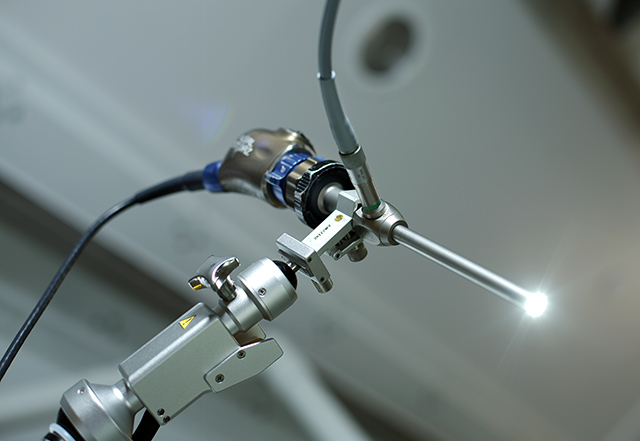
Surgeons use robotic technology to expand the kinds of patients who can be treated in a less invasive way, allowing for more closed, minimally invasive surgeries.
One example of robotic-assisted surgery is when surgeons operate from a console equipped with two master controllers that maneuver four robotic arms. This enables the surgeon to see the surgical procedure better than ever before using a high-definition 3-D image on the console. Computer technology replaces actual hand movements and increases the precision of each maneuver.
Meet Our Experts
Baltimore Region
National Capital Region
-
Katherine Graw Lamond, M.D., M.S.

- Medical Director, Johns Hopkins Center for Bariatric Surgery at Sibley Memorial Hospital
- General Surgery Section Chief
- Assistant Professor of Surgery
Locations for Care
General Surgery — Johns Hopkins Health Care & Surgery Center, Bethesda
6420 Rockledge Dr, Ste 2100
Bethesda, MD 20817
Phone: 301-945-7366


Johns Hopkins Health Care & Surgery Center — Green Spring Station, Lutherville
10755 Falls Rd
Lutherville, MD 21093
Phone: 443-997-1508
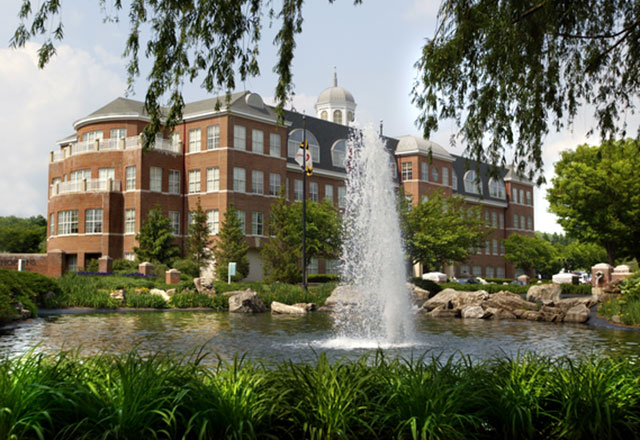
Sibley Memorial Hospital
5255 Loughboro Rd, NW
Washington, DC 20016
General Surgery: 202-895-1440
Bariatric Center: 202-370-6565
